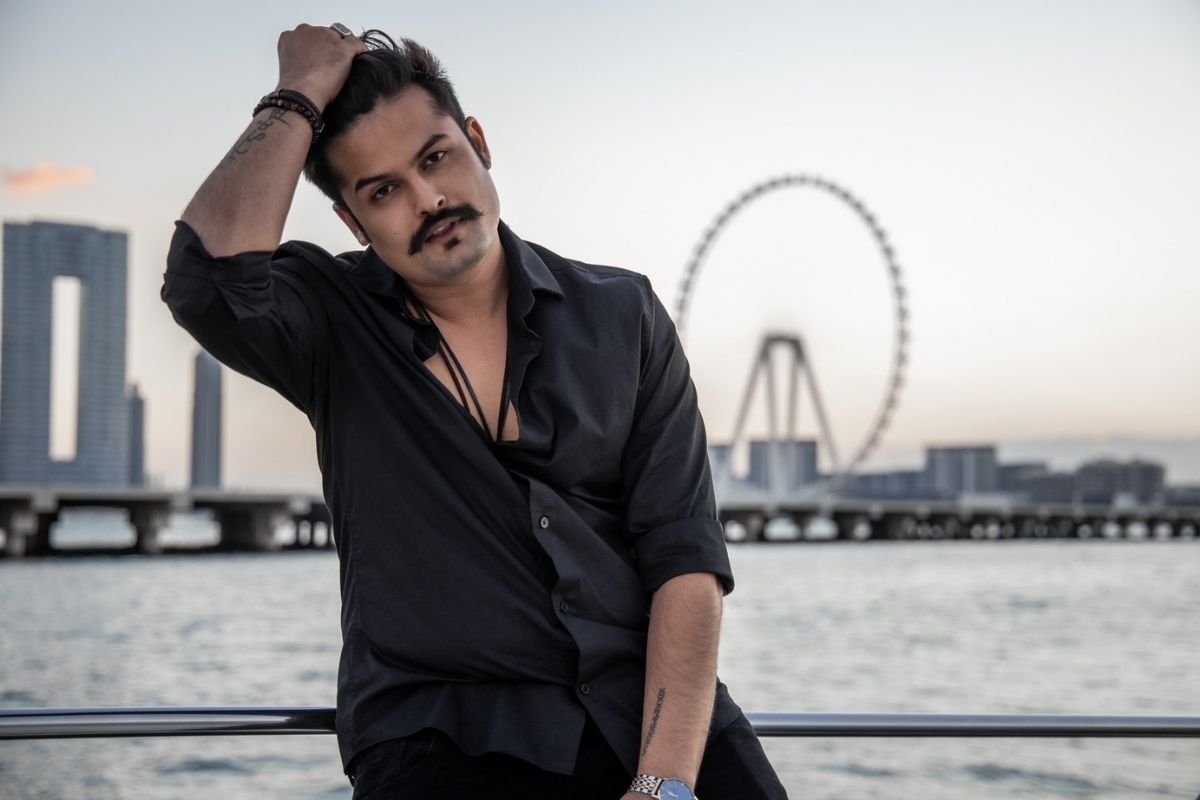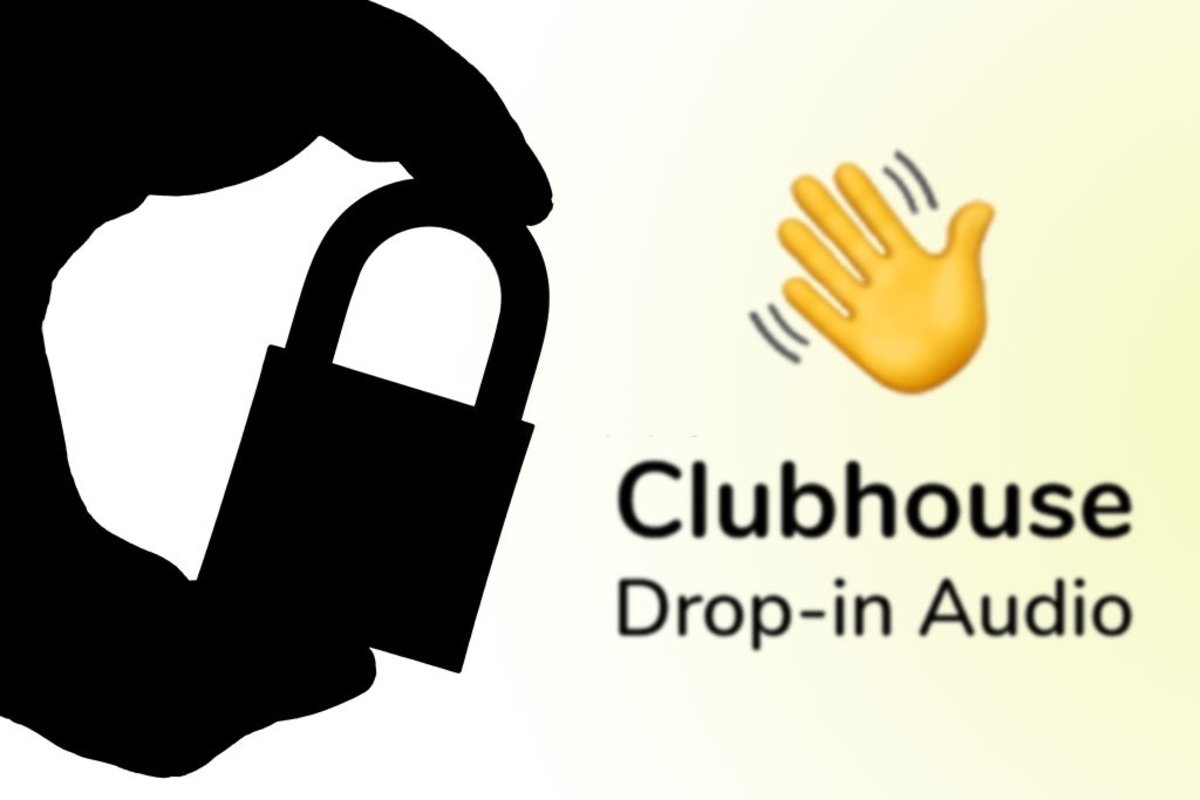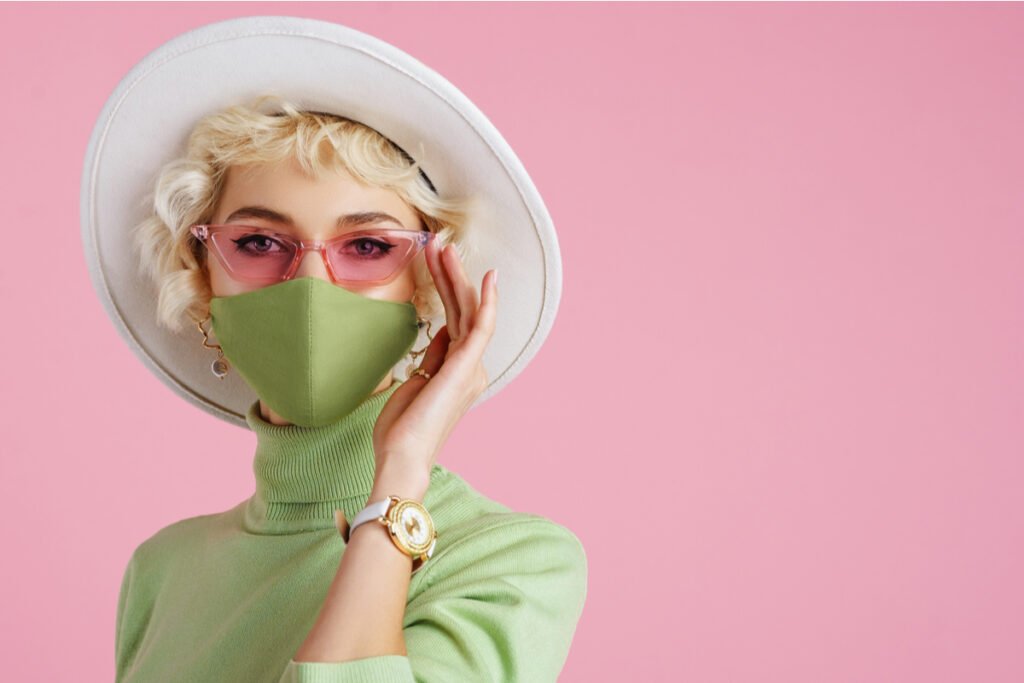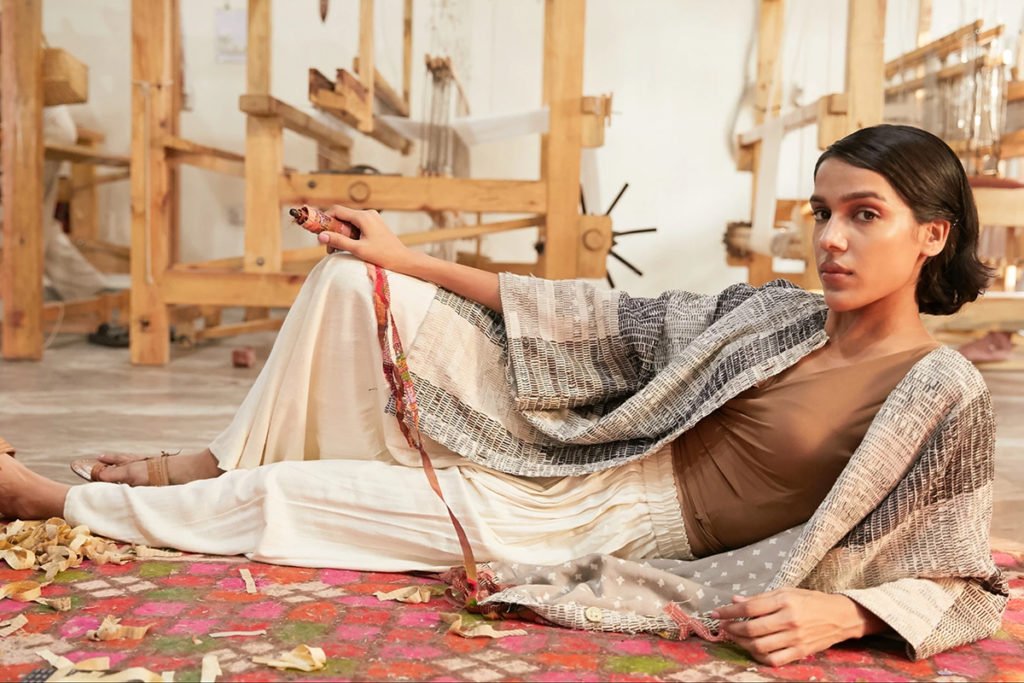A civil engineer by profession and a hardcore rapper and beatboxer by passion, Vardhaman Chhajed is the live example of what hard work and motivation can lead you to. Starting his journey from scratch, he will now be coming up with his own album soon, along with expanding his hashtag #applejuiceyo into a beer brand!
Living a journey full of lessons, struggles, and achievements, this 26-year-old lives with enthusiasm and energy at the utmost. You cannot miss the amazing snippets from our conversation with him!
You were a civil engineer and an MBA graduate, so what inspired you to come into music? Moreover, how and when did you realize that music was the way forward for you?
I did my civil engineering because my father was a builder and I wanted to proceed with the business. I did my MBA from Dubai since I needed to get out of the country to see the world, explore more opportunities; experience the magic because I never got out of my comfort zone. After all, there’s always an essence and charm to a new place. Besides, music has been with me since childhood. I realized that I would do this when I was at Ramdeobaba college in Nagpur. I was in a band, named after the initials of each band member – SVARZ.
At a music competition, I was the drummer and beatboxer. This was supposed to be my first stage band performance, so we did a fair amount of practice. However, there was no sync between us by any means, and the audience was in dismay. It was more embarrassing when the judge halted me before 2000 individuals. What’s more, they were laughing at us. On the stage, I had to laugh because criticism is okay, but that feeling left a dent. Moreover, I’m a juggernaut. If I need to accomplish something and it doesn’t happen, I will ensure that I will do it with time. The first point was this failure and embarrassment, which showed me my way. So, that’s how I started my music journey.
We all know that music is an evolving and competitive industry. So, how did you figure out your niche as per the evolution and competition? All in all, how did you know you wanted to do rapping and beatboxing?

My niche is only cars, clubs, and concerts. I’m not a prominent artist or a huge rapper, but I believe I’m going to be soon. And even then, I’m not going to consider myself a big artist because every artist has to learn every day. If I can make people vibe to my songs while travelling in the car, or if my songs can play in a club, that’s a win for me. It’s a win for me if my songs play at concerts. Besides, there is no niche for my audience. I always keep evolving and ensure that if this group is happy with my song this time, my next goal is to make them happy and vibe. So, just to expand my audience base is my niche.
For how long has music been a part of your life?
Since I was a child, my mother sang while my father played the tabla in temples during his teenage years. I have grown up listening to my dad call my name in different notes. Rapping came after a while in my life. However, I started beatboxing in 2010. Earlier it was just an immature thing, but I took it seriously after a bad breakup.
Once, at an annual event, I got a two-minute opening where I began beatboxing out of nowhere. It was spontaneous. For me, the mike is my magic wand, and I’m the magician, and the art is beatboxing and rapping. So, that’s when I realized this is God’s gift, and everyone doesn’t have it. Why not bring people close and make them vibe to my music to spread the love?

How would you describe the style of music that you typically create?
My style is the vibe, and nowadays, it’s classy. I have uploaded only four songs, but 40 songs are lined up. I’ve taken a break to make more quality content so that I don’t have to depend on the recording, chipping, and doing the same things each time. I try to create a vibe that can move people to a concert or a club and make them crazy while driving, which I try to bring in all my songs. I brought in class from my third song because I knew I wanted to carry this kind of class, venue, and video quality. So, it’s always a learning and evolving process.
How did you come up with your hashtag #applejuiceyo?
In 2018, I was releasing my first track, which was all about my struggles when I did not have a single penny to buy water at a metro station in Dubai. That day, I sat for two hours and cried because of the hustle. I called my father, who gave me a push, after which I wrote the song Paisa Paani.
Eventually, I started Facebook and YouTube promotions when they came back to me within 72 hours and said that they will not be able to advertise my video since it has smoking and liquor content while I had effectively put a statutory warning so it didn’t make sense to me. I did all I could do, but they were neither ready to give me credit nor promote, so I was stuck in my first song. I decided that in my next track, everything would be liquor. Bars, bottles, people will know that I’m holding liquor, yet there will be a sticker of #applejuiceyo.
So, that was the foundation of ‘applejuiceyo’, and now it’s my brand. It’s a beer brand, and I am going to manufacture beer soon. Operations are happening, foundations are being laid, and the vision is to take my country to another level.
Which was the first album you ever owned? How did you acquire it?
One album in our industry means seven songs. One episode is three tracks, and one solo is just a track. So, I own tracks. I have not released my album yet. My first album is going to be released within six or seven months. The album’s name is ‘Tumhara‘, meaning ‘yours’, and the name of the first song is ‘Mera‘. The album’s theme is hip hop which has always been the voice of the people. If anyone has a story that should come out in public, I want to be their voice. I will make a song on them, write lyrics, make sure they are featured and the copyrights are in their name. I don’t wanna earn a single penny from that.
Tell us something about your latest album that’s coming out.
Swag Mera Sindhi started in 2020 when I was stuck in India. One of the guys from a rapping group came up and presented an idea: we need to make a video for Sindhis that’s comical but not disrespectful. Then we wrote the lyrics, but it was a poor-quality song. I never compromise with my video or audio quality, no matter what. So, the second time he came to me, he said that he wanted to work with me. We started again, and I call it a separate series rather than a sequel. Sindhi, mango Mallo, gangster Gujju and mulla Marwari – altogether a comic scene for the people in Dubai and India. The song was out on 10th July, and the launch was at Haveli, UAE’s number one Indian club.
Everything we do needs the inspiration to come out as creative and unique. So, where do you find your artistic inspiration from?
My inspiration came from pain. I had a bad breakup, and since then, I was under the bad influence, for six months. Then I decided that if I want to do all of these things, why not balance them with good ones. Eventually, I started thinking and searched for the top things humans can do. The fifth one was beatboxing at that time on Google, which I was an amateur at. It started a spark. After that, the fuel to my spark was my failures and the entire petrol pump were the stage shows – me overcoming my failures and making a mark on the stage.
I want to make sure that every work I do justifies my energy and serves a purpose, to do something good, help and empower people around me, and make this earth a better place. I want to ensure that my music is never an initiation to a fight. Yet, it’s always music where people, countries, universities sit and come to harmony. My inspiration is my focus, my vision, my purpose. Everyone has a different timeline, and with time, you’ll learn, experience, and evolve your inspiration.

Once you have your inspiration, you’ll find different ways to motivate yourself. The moment you come to a point where there is an inspiration and action, you want to do things for yourself, your family, and friends, and a better future for everyone around you.
What keeps you motivated?
I get my motivation from YouTube videos. There was one video of a football match warming up session. The coach kept saying ‘who’s the champion’ followed by ‘I am the champion’. That just grew in me for one year. Motivation can initiate a thought in your mind to take a particular action.
People around me motivate me in different aspects like positivity, good actions and thoughts, blessing the universe and people, taking the proper steps, and planning. If learning something is a motivation for you, it’s good. However, don’t get motivated out of jealousy because that’s negative. If that’s the fuel feeding your fire, don’t do it at all because it’s not worth it, it’s temporary.

What are your strengths and weaknesses as an artist? What makes you different from other rappers in the industry?
My strength is my energy, positivity, and never-give-up attitude. My looks, command over my voice, and rhythm because of beatboxing, stage presence, strong belief, and humility are my strengths as an artist. Once I’m on the stage, I am the God.
“If you want to compete with me and if we both will get on the treadmill, either you are getting off before me, or I’m dying.”
says Vardhaman, quoting Ronnie Coleman
That’s my belief too. My mind, music sense, PR skills, and vocabulary, which I keep expanding and enhancing every day, and my relationship with people are an addition to my strengths.
A lot of people in the industry are fake – double-faced – but I just cannot do that. My social media accounts have everything I do in my personal life. I own it, and that’s why I can do it with more awareness and joy. Being authentic is my strength. A sense of connecting with people and giving them a lifetime of experience whenever they are in my show is my strength.

My weakness is that I can’t stop. Without risk, there is no motion. If there is silence, only then there is sound or noise. Resting, taking a step back, just calming down, and sitting is essential. I have to write, beatbox, practice, do my job and keep going. Yet, I don’t think that it’s a harmful weakness.
Which musician do you admire the most and why?
Michael Jackson and Travis Scott. In his documentary, whenever Michael Jackson used to do his concerts, he used to be there for six days. Every single day, he performed and visualized what he was going to do with people’s minds, what he did on stage. He used to give his best to make his concerts a success. Talking about Travis Scott – his live shows and energy are the goal. I admire him. So, straight up, shout out to Travis Scott.
We are witnessing the advent of the internet in every sphere of life. How do you feel the internet has impacted the music industry?
Firstly, the internet has positively affected this industry. The internet has opened a lot of opportunities for every sector. Talking about the music industry – finding a producer or a beat, publishing your music and making sure that your music gets famous, making your music more competitive and groovier is accessible now because of the internet.
However, it has increased challenges for some artists because there’s a lot of competition. They have to work and put in more creativity, which many don’t do. The difference between a loser and a winner is actions. So it’s not the Internet’s fault. If you don’t take steps as per your plan and vision, you’re committing spiritual self-destruction.
How do you see the music industry evolving in the next few years? Also, if you could change anything about the industry, what would it be?
I want more production support because, as an artist, I have to put at least 5,500 dirhams, which is 1,10,000 rupees, for one music video. So, if the music industry could open something or if I could be of any help, I could be the face of this part of the music industry with a vertical which supports all the artists with production.

The second one is educating people about music. Currently, the majority of the music industry is hip-hop-driven. Hip-hop is music. Music is not hip-hop. Many people are starting to teach hip-hop, but I don’t understand how someone can teach it. Music is something you evolve; notes are something you can learn, while production is something you can switch. If you talk about technicalities, one can learn how to break down the words or make your rap sound faster.
There’s a very basic technique that every rapper knows about, which is breaking the syllables. Another method is where the last syllable on which the word ends will initiate another word, bar, or the upcoming word with that syllable. So, these are the skills which you can teach. If you say stage performance, it’s needed because there’s a lot of stage fear in many people that needs to come out. The training has to be given by a professional. I would say that is crucial. So, if you are teaching all of these technicalities, it’s okay, but teaching hip-hop is impossible.
What are you planning to do next to evolve your art?
I want to do more beatboxing, listen to more artists, learn production, videography, and editing so that I know the primary technical language, and it’s easier for me to tell my ideas to the editors and my team. Along with learning more performance skills, I’d like meditation to keep my energy going to keep learning.
“The only thing that I would like to say is – Once you are in, there is no way out.”
says Vardhaman Chhajed
He advised everyone to not quit at all because if you decide to quit, you will never end it. So, keep your inspirations and motivations high like him to get high on success!






1 Comment
Vardhaman Chhajed
July 26, 2021 at 11:30 am
Thank you so much jaishree and Latish, it is really a pleasure to be connected with personalities like you! I am really blessed that I got a chance of knowing you🙏🏻❤️🤗